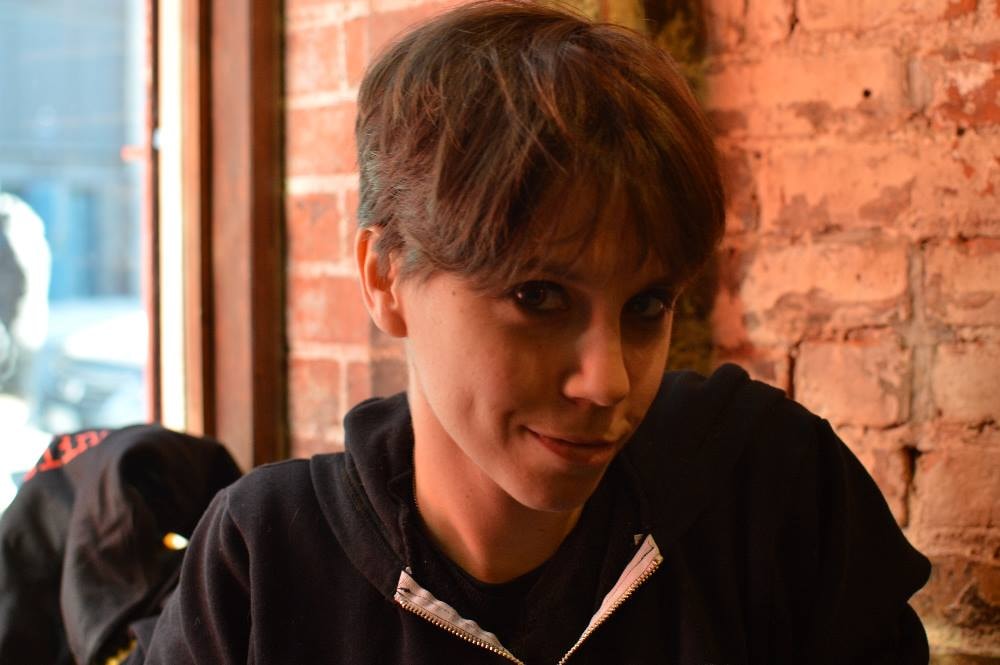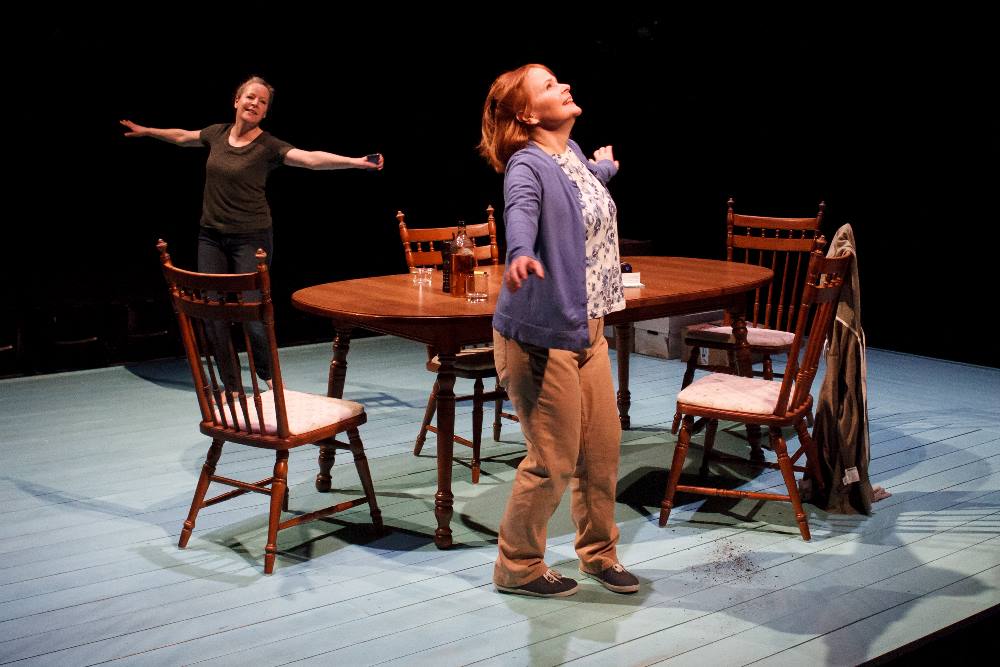The 39th annual Humana Festival of New American Plays, hosted by Actors Theatre of Louisville, runs through April 12, with five fully produced world-premiere plays and a series of 10-minute plays. For those who have never attended, it’s a bit like the Sundance Film Festival for theatre, only with better bourbon.
As part of our special Humana coverage this year, we’re interviewing the playwrights while their plays are running there. Previously, we talked to Erin Courtney.
Today’s interview: Jen Silverman.
LOUISVILLE, KY.: At the 2014 Golden Globes Awards, during the opening speech, delivered with aplomb by Tina Fey and Amy Poehler, Fey said that Meryl Streep’s performance in the film adaptation of August: Osage County was proof that “there are still great roles in Hollywood for Meryl Streeps over 60.”
That’s one thing film and theatre have in common: There are too few meaty roles for women over a certain age. “As women, once you’re out of your 30s, in this particular society in America, you become slightly invisible,” says playwright Jen Silverman.
For her first Humana Festival play, Silverman was determined to right that wrong. In The Roommate, a 54-year-old divorcee living in Iowa finds herself in need of just what the title suggests. What ensues is a mix of The Odd Couple and Thelma & Louise as the two women figure out how to redefine themselves at the mid-point of their lives.
Below, Silverman talks about how two-hander plays are harder to write than you think, as well as her worst roommate experience.

What made you want to write a two-person, very introspective Thelma and Louise--like tale set in Iowa?
Well, practically speaking, I had been thinking for a while of how, when I go to the theatre, I rarely see any roles for women of that age range that are not supporting roles. When I do see older women onstage, or women in their 50s or 60s onstage, those women are generally just there; the play’s actually about younger people but those women are there to, you know, have a couple of jokes or have a couple of jokes made about them.
So I really wanted to write a play for badass women in their 50s. I sort of thought that, like, there is a kind of energy, a kind of concentration that happens when they are the two players on that stage and they have all that agency and all that power.
Also I find it to be such a difficult thing to write a two-hander. So that was a challenge I wanted to give myself and see what happens.
Did you like it?
I enjoyed it! I had to be ruthless with myself because there is no out! No, “Okay, now that fifth character comes out.” I had to stay very specific to what these two people need and want. What are they giving each other? What are they not giving each other? What are the beats between them—or the beats that move this thing forward? And there can’t be any cheap tricks, there can’t be, like, somebody enters and then the energy changes.
I tend to feel much more comfortable in worlds that are slightly absurdist, where something crazy might happen, and with this play, I had to be really strict with myself and say, like, “You are in a kitchen in Iowa, you may not put a shark onstage!” It required a ruthlessness, but it was something that I found really exciting.
It’s so interesting that you wanted to write a two-hander. That’s something that’s usually limiting for playwrights.
I might have felt differently if this play was coming from a lack of budget or certain demands. For me literally when I wrote the first draft of the play, I was, for the large part of it, on a farm in Upstate New York. I had no plans to show that play to anybody ever! I was just writing the thing to see what it would be and to see if I could do it. It felt very much like my experiment as opposed to something being imposed on me.
You’re in your 30s. Thematically, what was it about the theme of second beginnings and mid-life crisis that appealed to you?
This older gentleman at Actors Theatre, a patron, quite enjoyed the show but he was like, “You’re a quarter of my age! What do you know about the mid-life crisis?” He was joking—but no, that’s a fair question. To me what it’s about is transformation. What it takes to get to a point in your life, whatever that point is, where you look at you life and you realize, I cannot do this anymore, I can’t live this life, I can’t wear these clothes and walk through my day in this way that I’ve been doing.
In a lot of my plays—the ones with many more characters—I’m really interested in this question of how do you transform and can we transform and what does it take to become the thing that we want to become and can we? Can we ever become something other than what we are? And how do people make us different even without our realizing it? This question has haunted me for a long time in general.
This play was a very specific lens on that question because it’s happening in the mid-50s for this woman. But the drive to be different, the drive to transform and the hunger that happens when she realizes that she can be living an entirely different life than the one she is living. That feels very relatable to me even if I’m not yet in my mid-50s.
What was your worst roommate experience?
In general, I’ve been blessed with awesome roommates. Oh wait, no! Okay, I will tell you a subletter story. I had a subletter—this was in Iowa actually. She had moved into my place a little bit early.
Long story short, turned out she had been kicked out of her last living arrangement. I didn’t know she had been evicted. I was packing stuff up at that point. And I got home and all of my boxes were open. She had gone through all of my stuff. I had this bag of vitamins, it was a bag of white pills and there were no labels anywhere. And that bag was open and I think she had taken my calcium tablets, thinking it was drugs! [Laughs] Very shortly later, the landlord called me. Apparently she and somebody else were getting drunk on the roof and throwing things off the roof! Oh my God! It was kind of horrifying.
For anyone going to Humana, can you recommend a restaurant?
There’s this amazing Mexican restaurant called El Camino, and we went there a few times and I like their food so much. I always get the tacos; I always get a meat taco and then a fish taco. But the kale and black bean taco is also really good. Louisville, and this is a new discovery for me, is a city with amazing crazy food.


